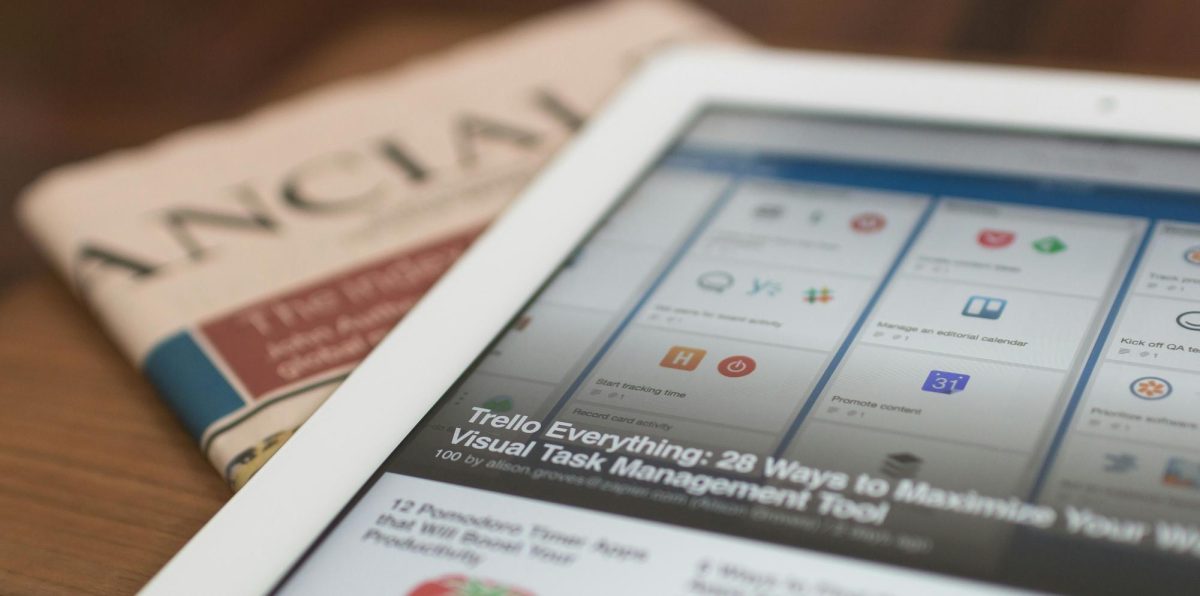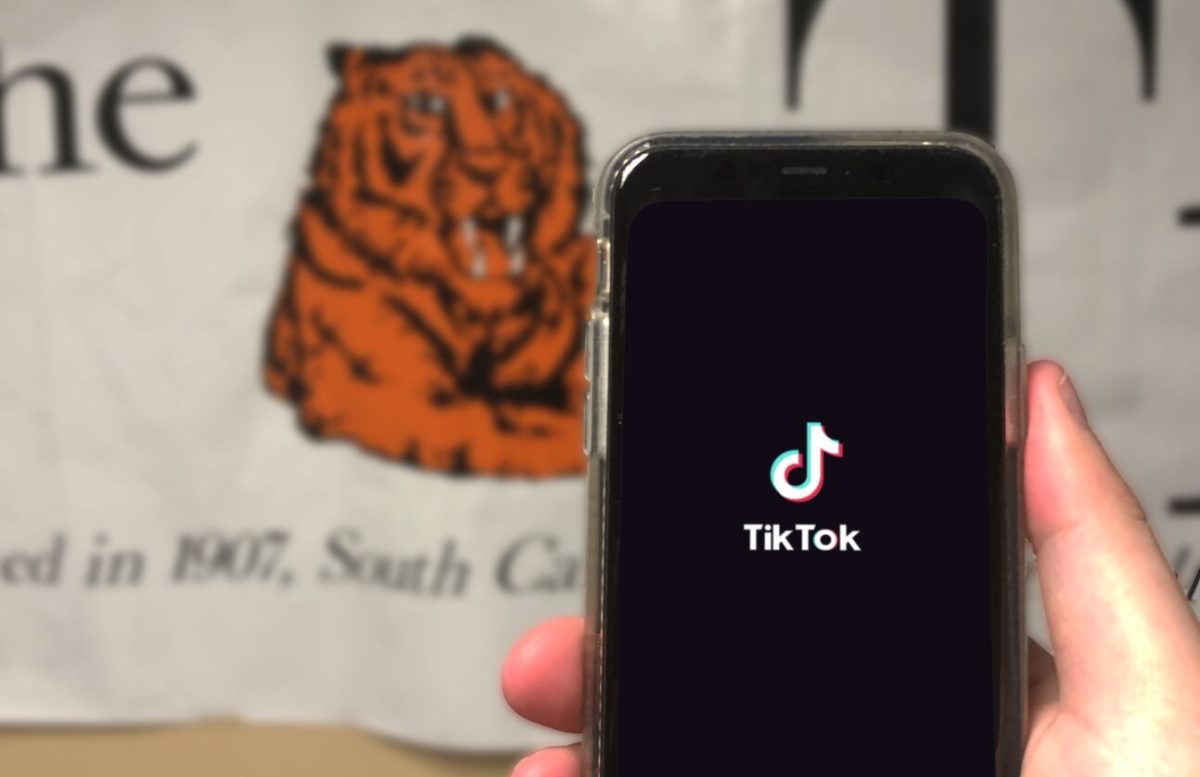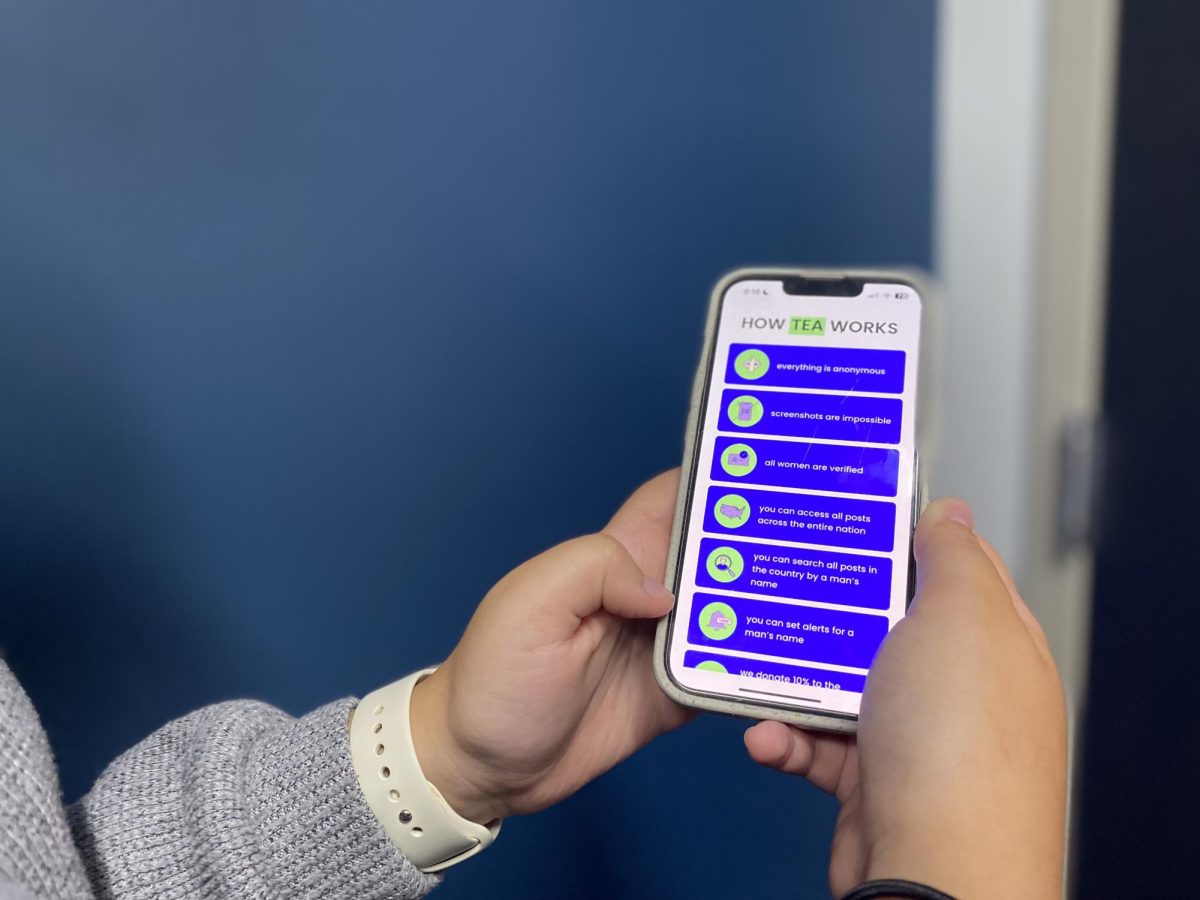I find myself scrolling through Instagram and only giving a few seconds to read important news on a post, then scrolling right past it, with it almost instantaneously leaving my mind. I’m not forgetting it, of course, but I haven’t given it any critical thought, in addition to not reading further.
If you only read the headlines on a topic, you will most likely only have passive knowledge of the subject and will not be able to apply critical thinking to it. Though we are in the information age, we are most at risk of being misinformed.
“They need to be informative enough to give people the satisfaction of being informed without too much complexity,” Rianne Pieffers writes concerning modern news headlines in a Nov. 2023 Mores article.
As we read through loads of headlines throughout the day without reading further, we have shallow knowledge of the topics we are discussing, as Pieffers puts it. It makes us overconfident in our ability to converse about and discuss a topic on a deep, critical level.
We risk becoming “passively knowledgeable,” where we know things but don’t understand them on a deep level. So when discussions about a topic like sports, politics or media come around, the conversation won’t be very enriching because of shallow knowledge and a lack of a critical eye towards whatever the subject may be.
Sometimes we make serious arguments about certain subjects when our knowledge of those subjects is surface-level. Regardless, we might confidently frame our opinion as if we know that subject on a deeper level than we do.
Of course, there’s only so much time in the day, so you can’t read everything, but at least take the time to read past the headlines about topics you strongly care about.
This concept doesn’t just apply to news headlines. Read anything, and I don’t mean you have to read whole books, but when you see a headline, read the article, or even if you get a vinyl record with a few paragraphs about the artist on the back, read it. Once it becomes a habit, you will become much more knowledgeable. It may not always be applicable later on, but it’s a small amount of your day and minimal effort you sacrifice by reading just a bit.
So, even if it’s just the nutritional facts on the back of a cereal box or a scholarly article about a bill passed by Congress, get into the habit of reading further and becoming that much more knowledgeable.
Cole Jersek is a sophomore world cinema major from Murrells Inlet, South Carolina. Cole can be reached at [email protected].

















Dad • Apr 4, 2025 at 8:55 am
Awesome job son;)